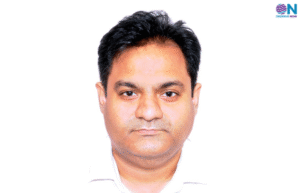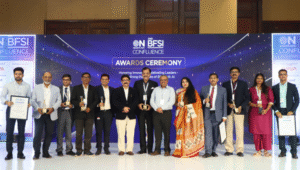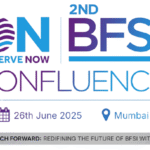Entrepreneurship among persons with disabilities: A choice or a societal push?

Persons with disabilities (PwDs) face tremendous issues when we speak of economic inclusion, be it difficulty in finding a job, unwelcoming employers, lower salary compared to other (abled)colleagues, or the challenging office ecosystem. Over the past few years, entrepreneurship has emerged as the best economic choice for PwDs. According to some research, entrepreneurship is best suited, and most PwDs intend to start something of their own. Many are promoting the idea of making PwD economically inclusive through entrepreneurship and quote PwDs as the best candidates to be entrepreneurs as they are believed to be more resilient. Many believe that the characteristics of a PwD are more aligned with what is required in an entrepreneur. In fact, PwDs are considered to be successful social entrepreneurs. Does it sound a little prejudiced to you? Is it the first choice of any PwD to create an enterprise, or is it societal push making them choose entrepreneurship?
A six-month experimental research at the Entrepreneurship Development Institute of India under the Centre for Empowerment of Differently Abled (CEDA-EDII), sponsored by the Ministry of Social Justice and Empowerment. The research provided interesting and contrary insights about PwDs’ intention to create an enterprise. In the study, a 12-day entrepreneurship capacity building training programme (CBTP) was conducted at four locations in Gujarat that included seventy PwDs of the 18 – 51 age group. The researchers recorded the journey of these seventy PwDs and tried to understand their behavior towards entrepreneurship. After six months, the researchers found distinctive results among PwDs of different age groups. It was observed that PwDs, who had recently completed their basic education, were not interested in creating their enterprise. In fact, they tried to find a decent job and engaged in some skill-based training to increase their chance of candidature for the job. These PwDs were in the age group of 18 – 30 years. PwDs of 30 – 35 years of age considered both job and entrepreneurship as a choice, whichever happens first. On the other side, PwDs over 35 years of age did not consider a job as a suitable choice. Their only preference was to create an enterprise. Those who could not create an enterprise ended up joining unskilled labour work and tried taking actions for enterprise creation in parallel.
The researchers observed these three different age cohorts and decoded the journey of a PwD. Any PwD tries to complete basic education and acquire the required skills for a suitable job. After constant rejections, they are dragged towards entrepreneurship since they are left with no other economic choice. In parallel, some PwDs get jobs, but surviving in those jobs is challenging; because of this, they quit and are left with only one economic option, i.e., to create their enterprise.
However, enterprise creation has its own challenges, and PwDs face various issues while they take action to create their enterprise. After multiple failures in the process of enterprise creation, PwDs are forcefully excluded economically. Such PwDs get into some low paid, unskilled daily wage labour. Basically, PwDs at an early age do not have an interest in enterprise creation, but the social stigma and multiple rejects over the years lead them towards entrepreneurship, making it a societal push and not a willful choice.
Authored by: Dr. Simran Sodhi, Doctoral Scholar and Researcher at Entrepreneurship Development Institute of India & Dr. Amit Kumar Dwivedi, Associate Professor, Entrepreneurship Development Institute of India
















